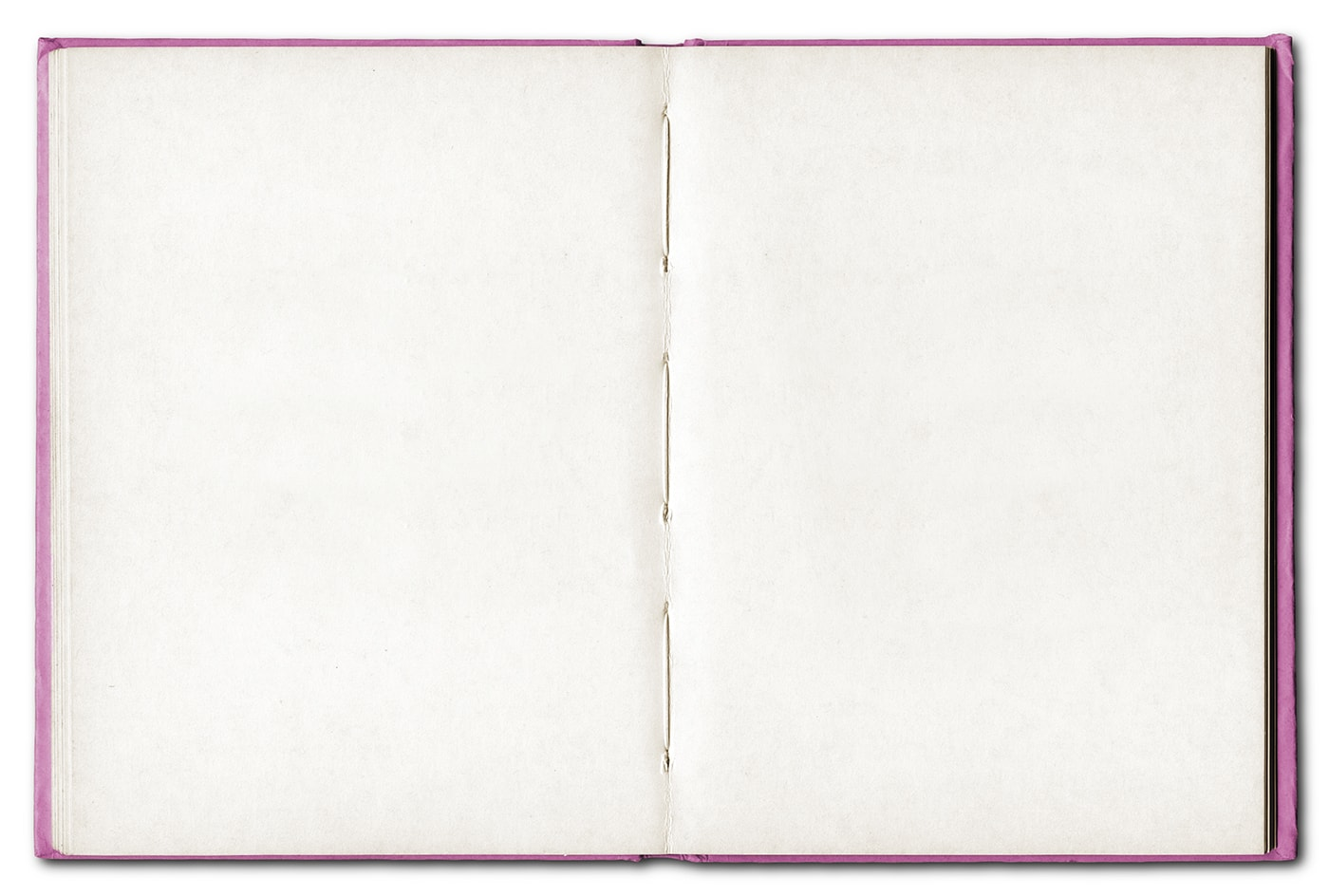These residual traces in the body are not so easy to recognise. For me, the crucial moment was when I followed the ceremony at the grave, and noticed my body changing. I felt shivers. I felt connected. That is when I knew that military rituals were already inscribed in my body.
— sweaty queer orienteering
More specifically, a sweaty concept is one that comes out of a description of a body that is not at home in the world (Ahmed 2017, 13).[...] the question of orientation is not only about how we ‘find our way’ but how we come to ‘feel at home’ (Ahmed 2006, 7).In the following pages, I will demonstrate how my autoethnographic moment is entangled in the socio-political context of gender and militarisation. I am an orienteering body simply because I am gendered as a woman. Because my body is trying, it begins sweating. As I will later testify, I came to feel at home through what felt like ‘the end of gender’. I did not come home as a woman, emerging differentiated from military masculinity, but the queering of bodies, my own, in particular.
— getting lost
The word 'lost' comes from the Old Norse los, meaning the disbanding of an army, and this origin suggests soldiers falling out of formation to go home, a truce with the wide world. I worry now that many people never disband their armies, never go beyond what they know. (Solnit 2014, 6-7).Orienteering means that someone is potentially lost, that there is an unknown territory where people are finding their way. With being lost comes finding, but not always. Being lost can be a good starting point for a search. Loss and being lost are a venture into the unknown, into a world which has no militaries. It is a utopia of course, but we do not know what it would be like.
— not a call for a major shift or a conclusive theory, instead
attention to affective assemblages, to the ways things, people, affects and places, with different trajectories, may come together, albeit in often tentative, inconclusive or evolving ways (Wright 2014, 392).Walking with soldiers is a speculation, an experimentation, a proposition which does not stabilise experience into an explanation. It promotes an orientation to research and to the world that is more attentive, more in tune with vibrations, thresholds and madness.



